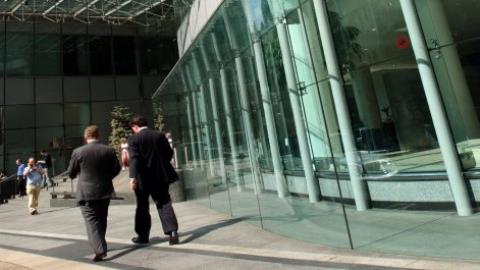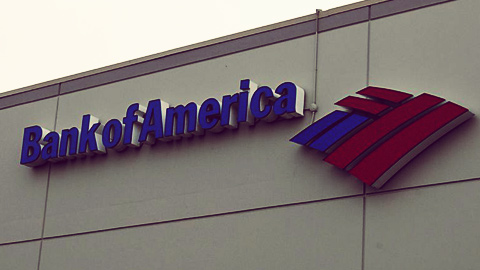
Similar Posts

HSBC UK CEO Reveals: Cyber Attacks Fueling Sleepless Nights
During a Commons Treasury Committee session, HSBC UK’s CEO Ian Stuart highlighted the urgent need for enhanced cyber-security among UK banks due to increasing cyber-attack threats. He reported that banks face constant attacks, contributing to significant technical outages—over 800 hours in the past two years, affecting 1.2 million customers. Notably, a recent cyber attack on high street retailer Marks & Spencer caused daily losses of £43 million. In response, banks are investing heavily in IT security, with nine institutions reporting 158 IT failures from January 2023 to February 2025, emphasizing the critical need for robust cyber defenses.

One-Third of Central Banks Postpone CBDC Rollouts: What It Means for the Future of Digital Currency
The Federal Reserve’s research on digital currencies faces a setback as former President Trump halts efforts to create a digital dollar through an executive order. This has prompted global scrutiny of central banks’ plans for Central Bank Digital Currencies (CBDCs). A survey by Giesecke+Devrient and Omfif shows that 75% of 34 central banks still plan to issue a CBDC, with 34% expecting to launch within three to five years. However, 15% are less inclined, and 31% have delayed timelines due to legislative issues. Motivations differ: emerging markets aim for financial inclusion, while developed ones focus on monetary sovereignty.

FCA Demands Regulatory Clarity to Boost AI Adoption Among UK Banks
A recent survey by the FCA and the Bank of England identified data protection and Consumer Duty compliance as major barriers to AI deployment in financial services. Many institutions struggle with integrating AI technologies while adhering to regulatory standards, revealing a lack of confidence in adopting such innovations. The survey highlights tensions between technological advancements and regulatory compliance. To address these challenges, a roundtable discussion in London this May will focus on balancing innovation with regulatory demands and fostering dialogue between regulators and industry leaders. The FCA emphasized the need for clarity regarding regulatory interactions to support AI integration.

UK MPs Launch Fresh Assault on FCA: Accountability and Reform in Focus
The All-Party Parliamentary Group (APPG) on Investment Fraud and Fairer Finance has submitted a report to Parliament addressing serious concerns about investment fraud and regulatory practices, based on feedback from 175 individuals, including whistleblowers and scam victims. The Financial Conduct Authority (FCA) defended its actions against criticism but faced backlash from parliamentarians. New supplementary reports on recent investment scandals are forthcoming, highlighting ongoing issues. APPG co-chairmen expressed concerns over the FCA’s disproportionate engagement with industry over consumer organizations, suggesting a need for an independent consumer protection entity. The situation calls for critical reforms in financial regulation and consumer protection.

OCC Exposes Major Email Hack: Urgent Report to Congress on Cybersecurity Breach
A significant cybersecurity breach has been reported to Congress, involving unauthorized access to sensitive information of federally regulated institutions. Discovered on February 11, the hack compromised over 150,000 emails of Office of the Comptroller of the Currency (OCC) executives, including critical financial data. The breach occurred in June 2023, with access terminated the following day. The OCC is now reviewing its IT security policies, with Acting Comptroller Rodney Hood emphasizing the need for enhanced confidentiality and integrity. As threats evolve, financial institutions must strengthen their security through regular audits, employee training, and expert collaboration.

BofA CEO Unveils Plans for Innovative Stablecoin Launch
Bank of America (BofA) is exploring the possibility of launching a stablecoin, pending regulatory approval. CEO Brian Moynihan expressed interest during a discussion at the Economic Club of Washington, DC, suggesting that BofA would enter the stablecoin market if it becomes legal. This comes as the proposed Genius Act aims to establish clear guidelines for stablecoin regulation. Moynihan outlined that a BofA stablecoin would be fully backed by U.S. Dollar deposits, allow seamless transactions, and comply with legal frameworks. The initiative could significantly alter how consumers engage with digital currencies, merging traditional finance with digital assets.
